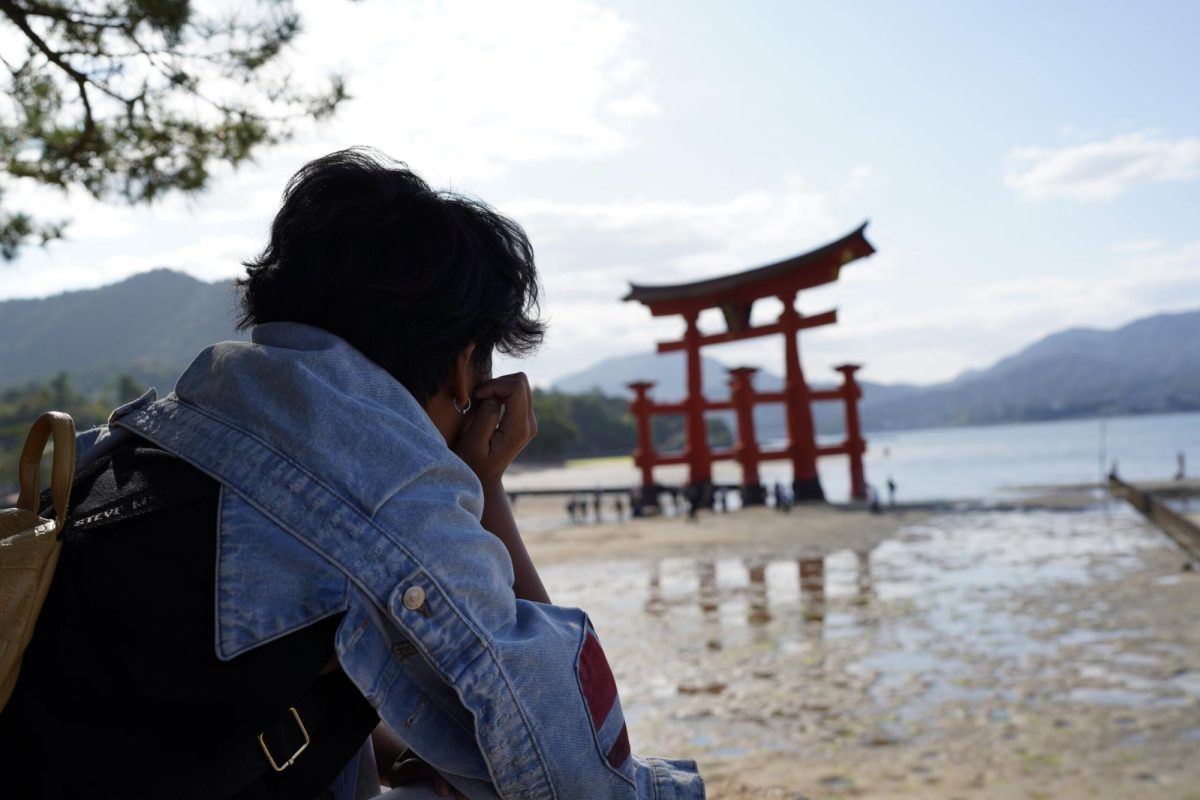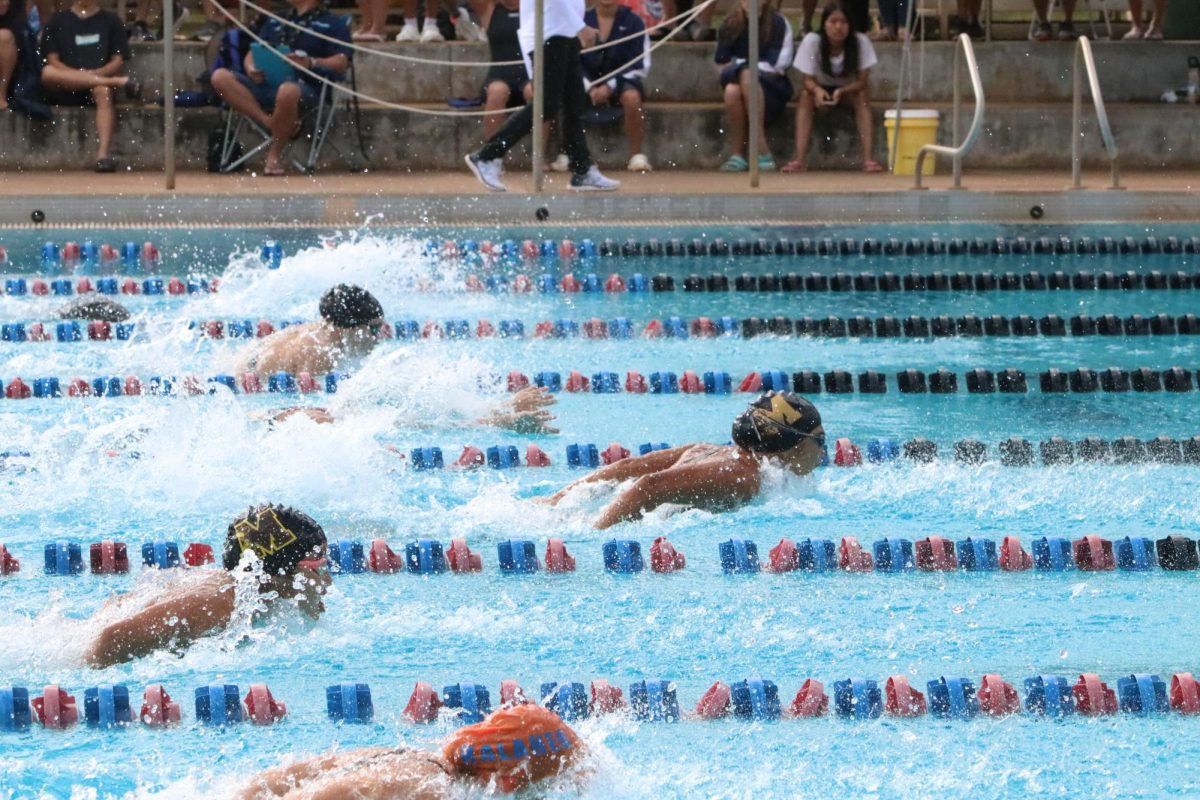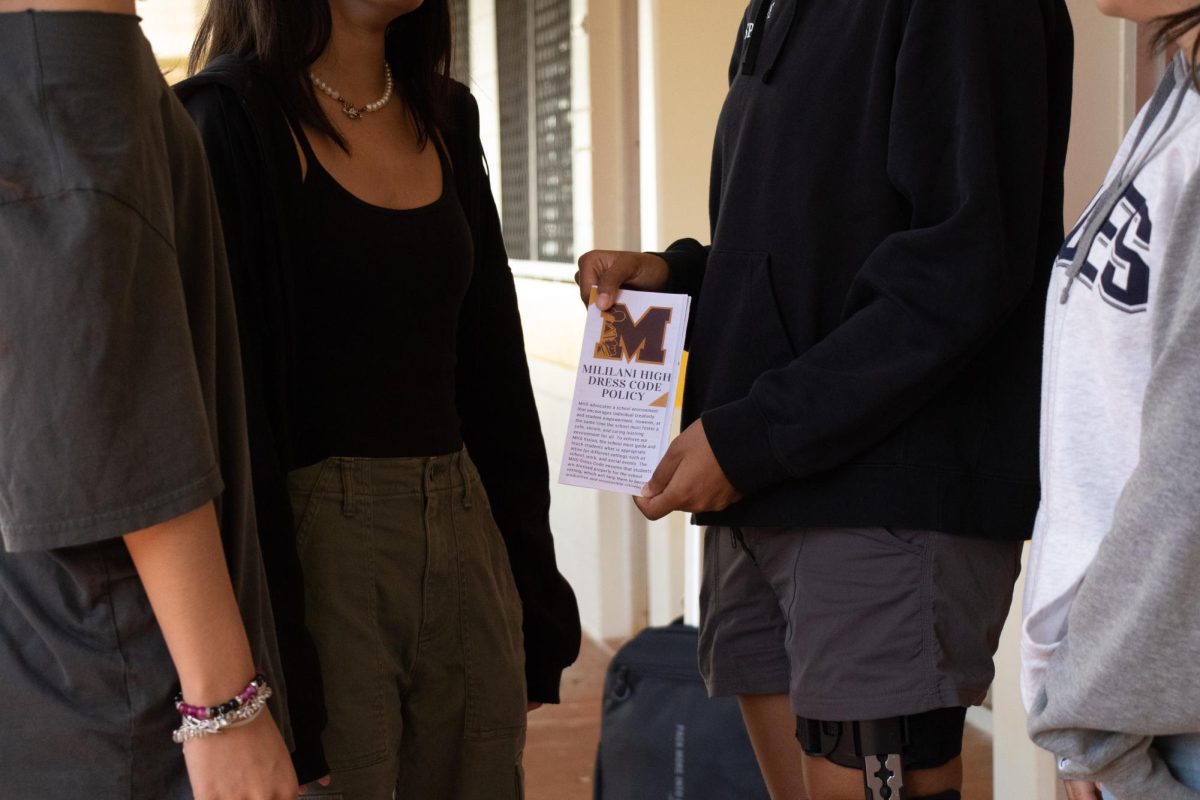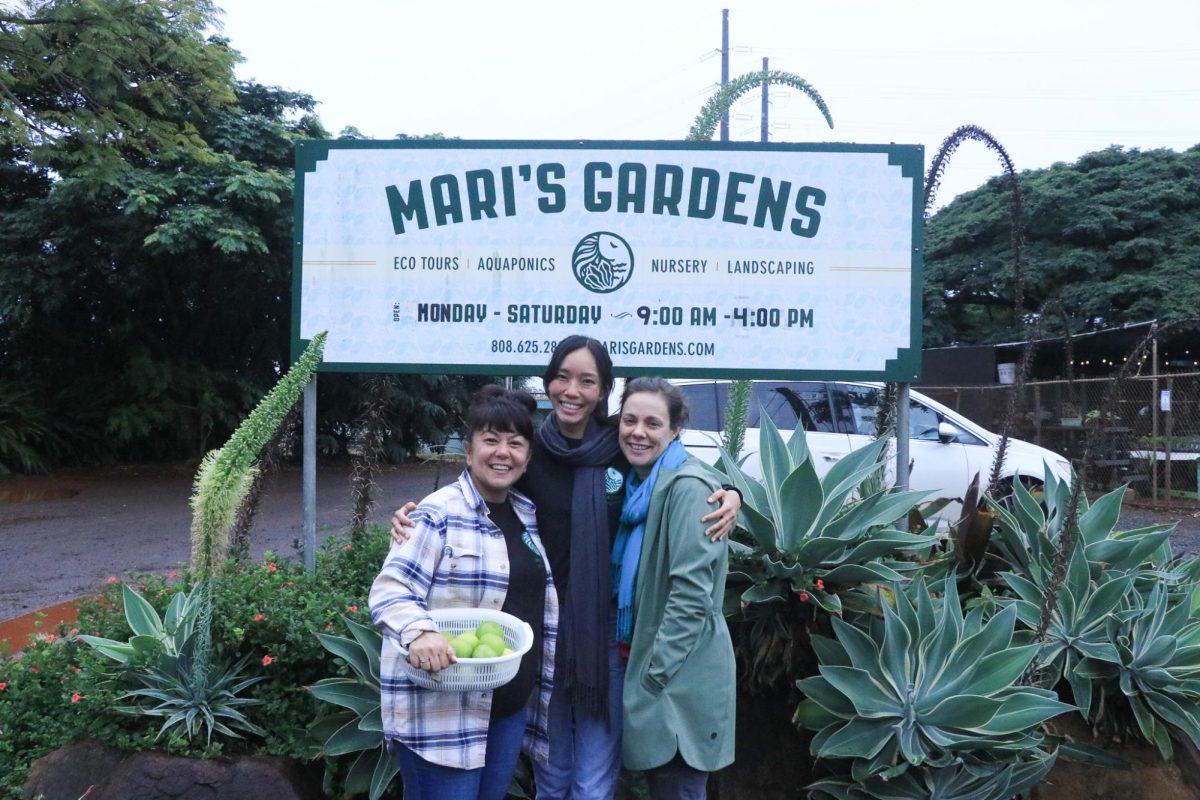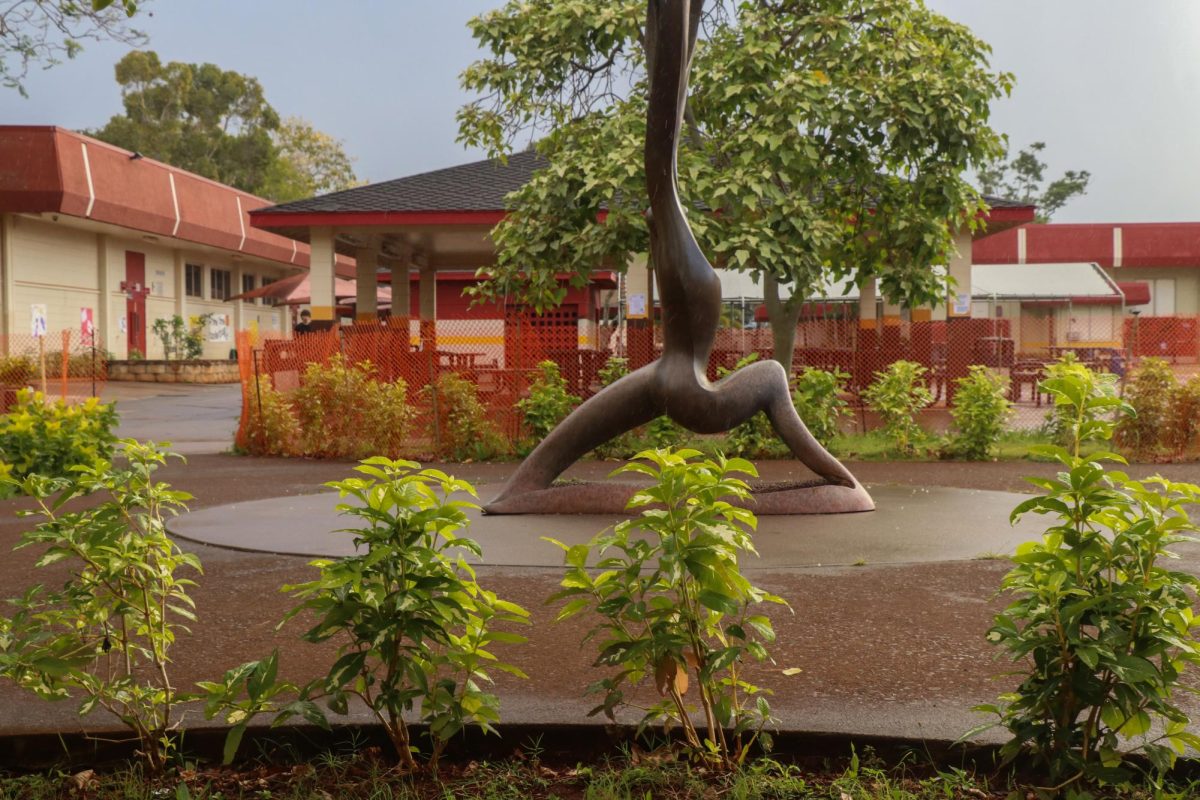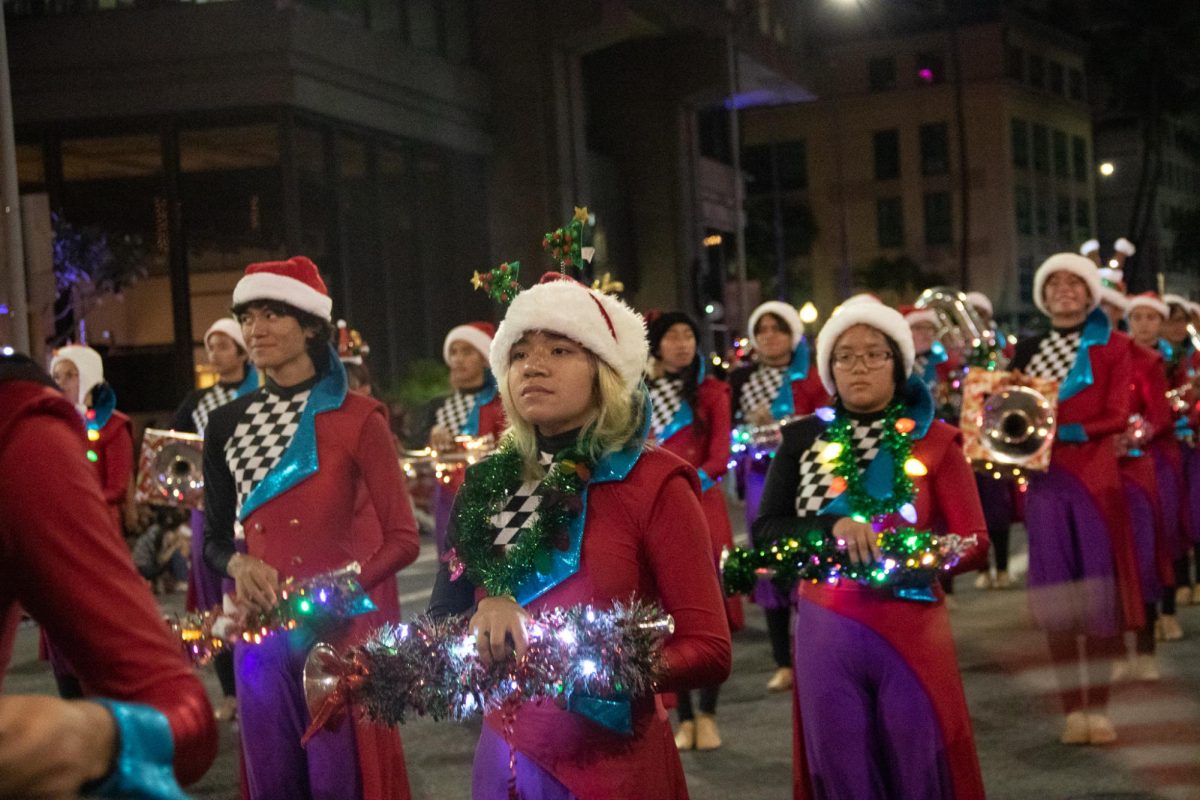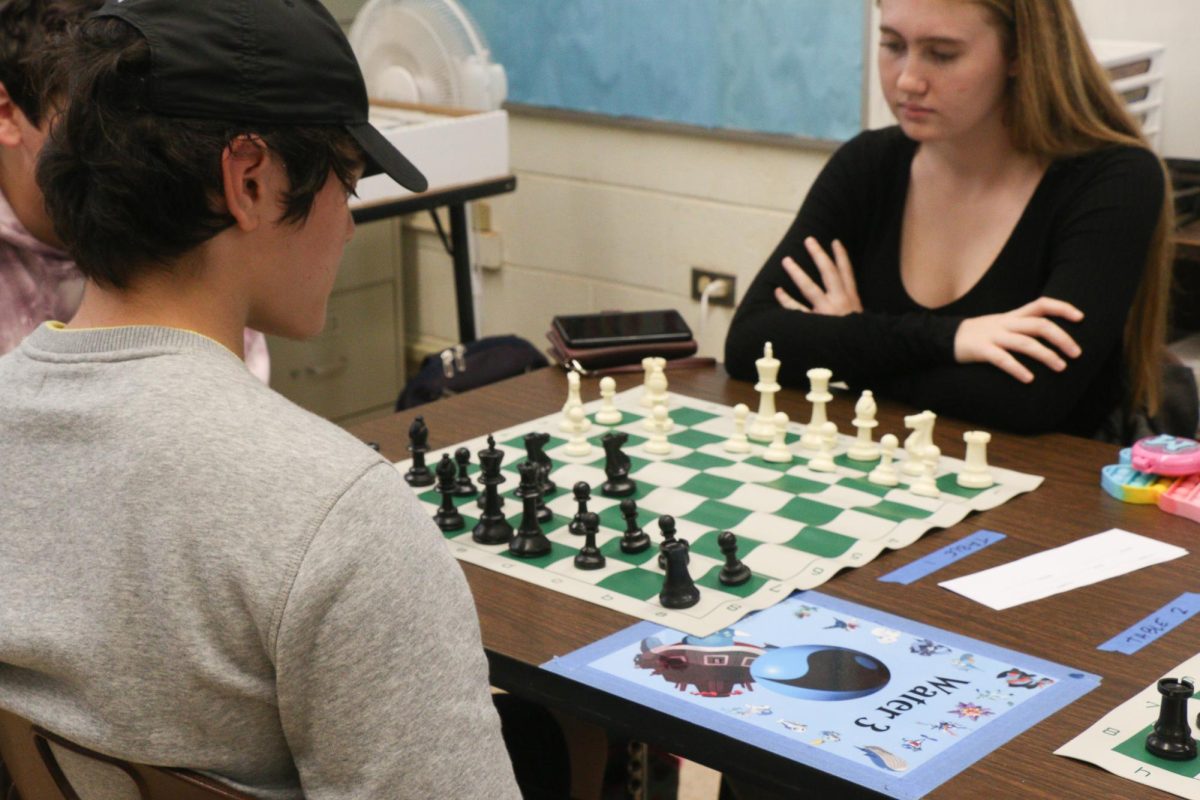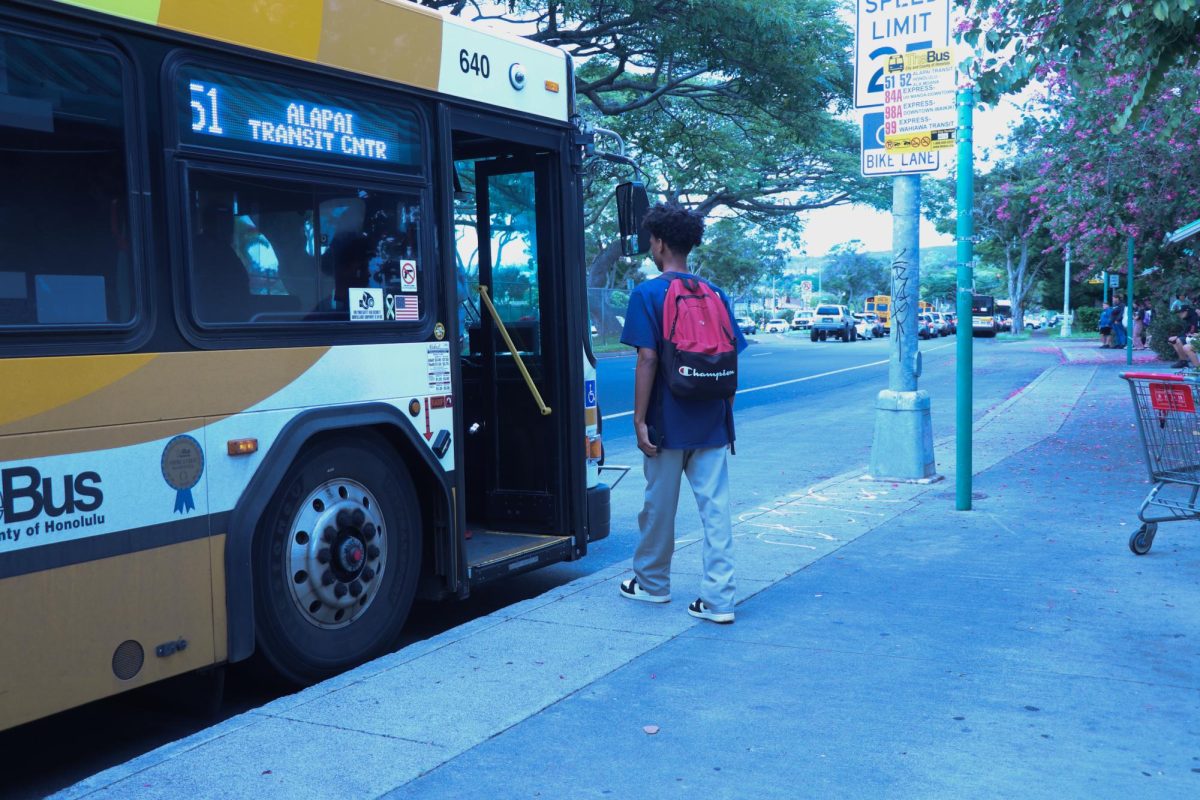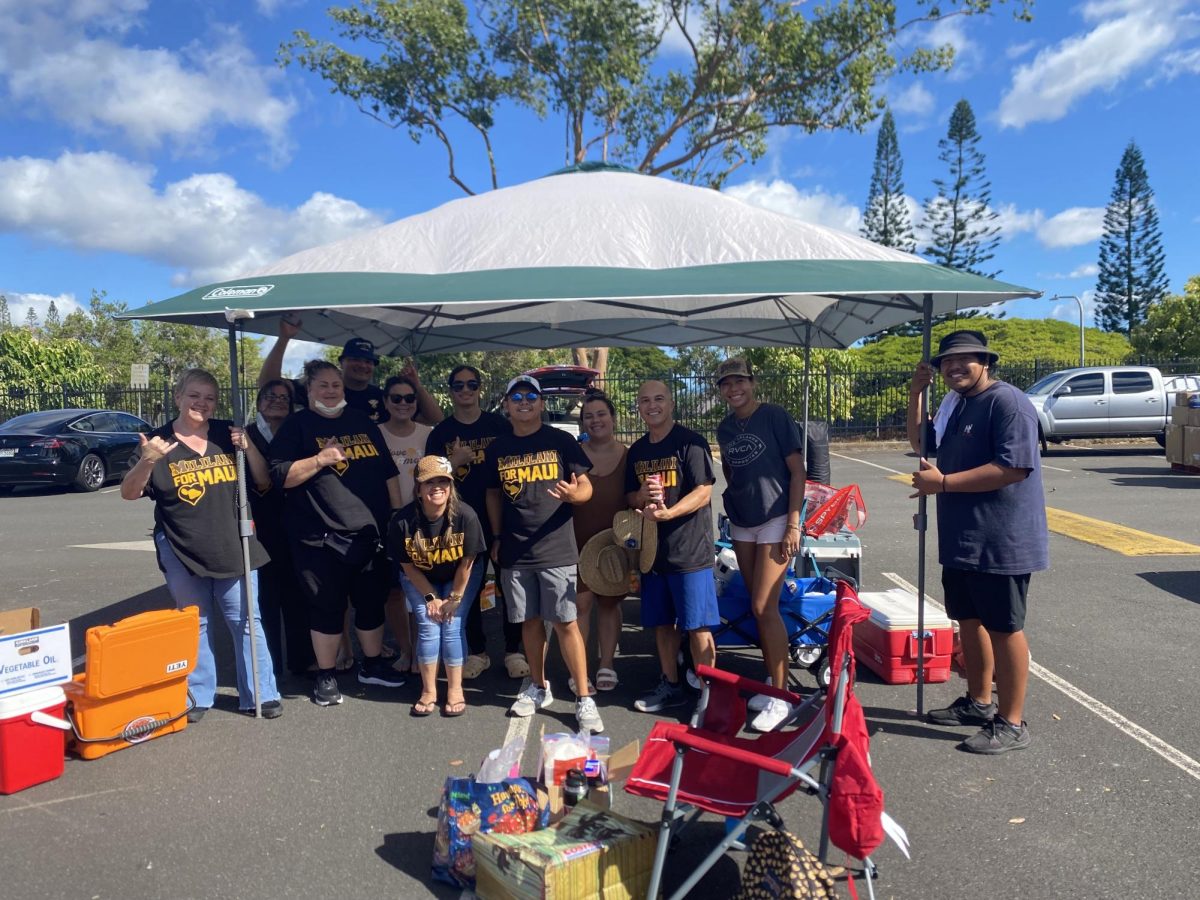Hawai’i’s cost of living is notoriously high. Inflation affects housing, utilities, grocery and transportation, some of the biggest factors in locals’ budgets, on an increasing level. Small businesses have a hard time competing with bigger, corporate name brands, especially in the food industry. However, there are a good number of local farms on Oahu that have been able to keep their businesses going strong for years despite the pandemic. Mari’s Gardens, a hydroponic based farm in Mililani, is one of them.
In 2008, Mari’s Gardens began as a plant nursery to support Fred Lau’s landscaping business. In 2010, Fred’s son, Brendon Lau graduated from the University of Hawai’i’s College of Tropical Agriculture and Human Resources program. Brendon convinced Fred that they should be growing food as well as plants, so Fred traveled the world learning about different farming techniques, their effects on the environments and how to grow the produce most suited to greenhouse growing in Hawai’i that also tastes good. He decided on aquaponics and hydroponics for his business, and they’ve been promoting sustainability, urban farming and buying local ever since.
“Running a small, family business means that you have to be willing to do a little bit of everything,” said manager and daughter of owner Fred Lau, Mariko Lau. “Working on a farm can be hectic and unexpected things are always popping up. Every day looks a little different. Some days I’m watering plants or unloading deliveries and other days I’m placing orders and doing backend paperwork.”
Mari’s Gardens accomplishes a myriad of tasks each day. On the farming side, there is the usual upkeep of the hydroponics systems and the maintenance of the water levels. On the production side, Mari’s Gardens receives orders and sends them out to and from their hotel and restaurant accounts daily. On the retail side, Mari’s Gardens is open every day of the week except for Sunday, and their nursery in Mililani sees customers every day coming in not just to buy plants and produce, but also to participate in Mari’s Gardens workshops.
“[With] hydroponics, we’re above ground and we can control things, like right now- major rain, right, there’s no really flooding in our systems,” said Tanya Candido, Production and Operations Manager at Mari’s Gardens. “The recovery time is super easy, and it allows us to recover quickly with very little hiccups, unlike ground growers. If there was a drought they’re having to increase and control water damage [and] you can’t really recover quickly, and then especially like even now there’s flooding and unless you have major acreage that can absorb that you might lose a crop. So huge advantage to being above ground, in a greenhouse, controlled environment, that kind of thing. Really different, I would say apples and oranges different.”
Since COVID-19, Mari’s Gardens has shifted to being mainly hydroponics based. Hydroponics-based farming involves growing plants without the use of soil, allowing the farmer to control the plants’ water, air and nutrient intake. Mari’s Gardens does this without the use of pesticides, instead incorporating fish waste and chelated nutrients (nutrients bound to organic molecules) into their growing. They primarily use Nutrient Film Technique (NFT) and aeroponics; NFT being the method of running water and nutrients to plants placed on an incline without soil, and aeroponics being similarly without soil, but using mist to dispense water and nutrients.
“No day is the same, I think it’s great we have all these accounts and things but I enjoy the students that come, like right now we have Hawaii Tech Academy students for an entire semester,” said Candido. “Being able to teach them and wrap their heads around learning hydroponics and what it means to do that kind of farming and just seeing them getting it and showing interest in that I think is super important.”
Students from schools across the island have been to Mari’s Gardens. With Mililani High School specifically, Mari’s Gardens has made a number of generous donations to the agriculture program, gifting them with fruiting trees and edible plants for students to cultivate and grow, as well as donating edible flowers and other produce to the culinary programs when asked. The cafeteria used to purchase lettuce directly from Mari’s Gardens before a revamping in the program a couple years back. Students have interned with the nursery in the past years, and the Special Education Program has visited the site for field trips. Experts from Mari’s Gardens consulted with teachers here at Mililani over aquaponic and hydroponic set-ups.
Mari’s Gardens has since opened a Mari’s Gardens Kailua and a Mari’s Urban Garden in Kaka’ako. If you are interested in buying any of their plants or produce, their workshops, or any of their other endeavors, you can visit their website https://marisgardens.com/ or visit their main location in Mililani at 94-415 Makapipipi St, as well as their other locations. Their Mililani location is open Monday – Saturday 9 a.m. – 4 p.m.

